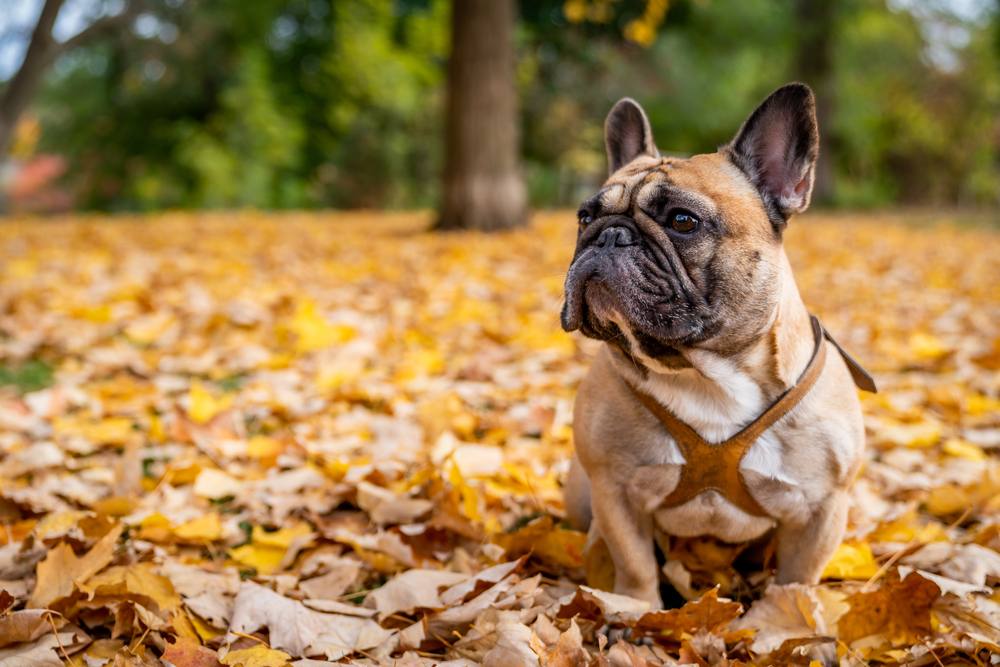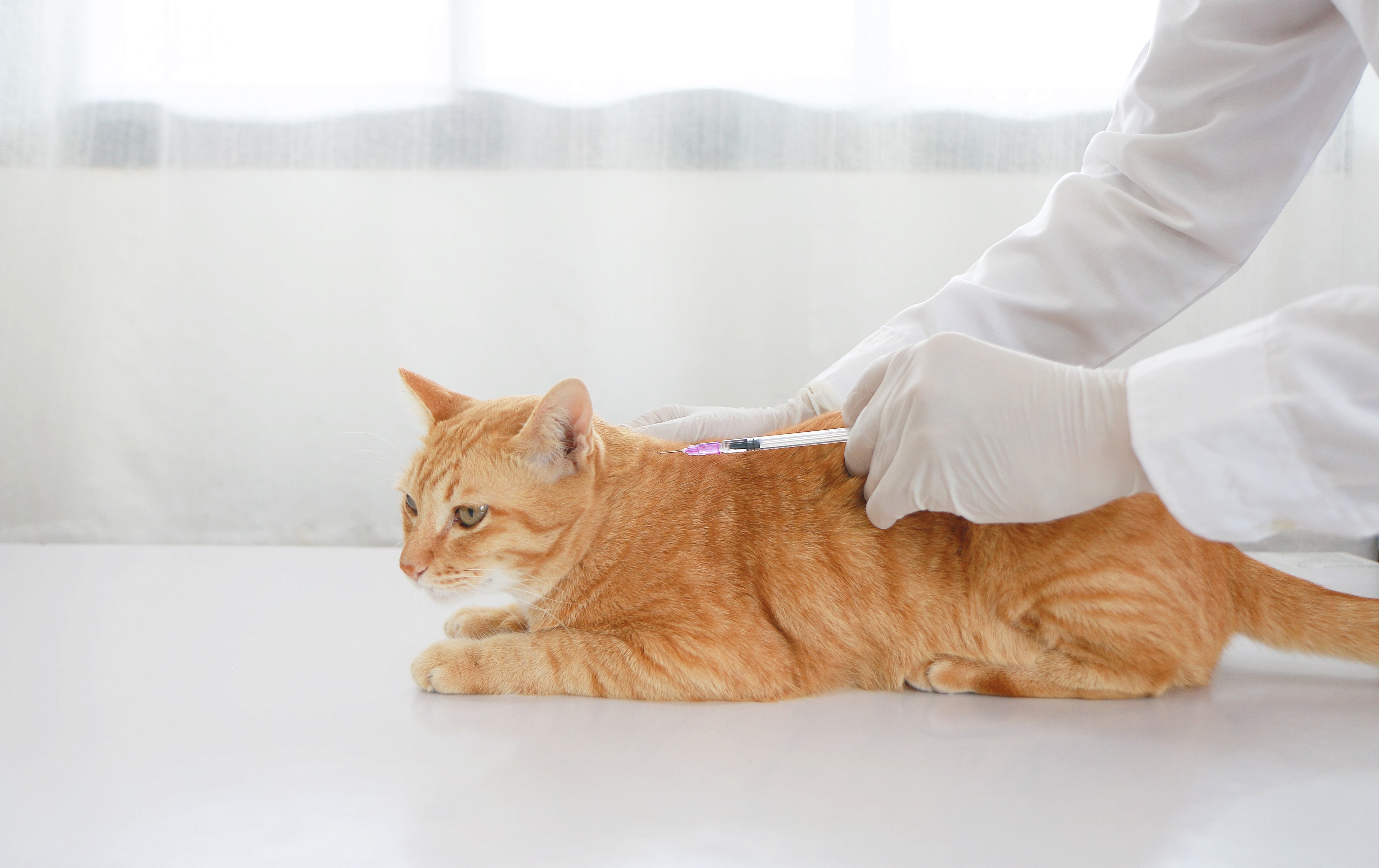
Bulldogs charm us with their wrinkly faces and playful personalities. These lovable companions need special care to stay healthy and happy. As devoted pet owners, we must grasp the distinct requirements of bulldog breeds. This knowledge helps us provide top-notch care, enhancing their quality of life and strengthening our bond with these adorable dogs.
In this post, we’ll explore the world of bulldogs. We’ll uncover their health challenges, dietary needs, and exercise requirements. By the end, you’ll have a deeper understanding of how to keep your bulldog thriving.
The Distinctive Anatomy of Bulldogs
Bulldogs stand out with their unique physical features. Their flat faces and stocky bodies give them a charming appearance. However, these traits also bring specific health concerns.
The short snouts of bulldogs lead to brachycephalic airway syndrome. This condition makes breathing harder for them, especially in hot weather or during exercise. Their wrinkled skin folds need regular cleaning to prevent infections. The compact body structure of bulldogs puts extra stress on their joints, increasing the risk of hip dysplasia and other joint issues.
Understanding these anatomical quirks helps us provide better care. We can tailor our approach to meet their specific needs, ensuring they stay comfortable and healthy.
Common Health Concerns in Bulldog Breeds
Bulldogs face several health challenges due to their distinctive build. Recognizing these issues early can make a big difference in their well-being.
- Respiratory problems: Their flat faces can cause snoring, wheezing, and difficulty breathing.
- Skin infections: Wrinkles and folds create warm, moist areas prone to bacterial growth.
- Joint issues: Their heavy bodies strain their joints, leading to arthritis or hip dysplasia.
- Eye problems: Protruding eyes are susceptible to injuries and conditions like cherry eye.
- Heart diseases: Some bulldogs are prone to congenital heart defects.
Regular vet check-ups help catch these problems early. With proper care and attention, we can manage many of these health concerns effectively.
Nutrition and Diet for Bulldogs
Feeding bulldogs requires thoughtful planning. Their unique body shape and potential health issues influence their dietary needs.
Bulldogs tend to gain weight easily. Obesity worsens their breathing difficulties and puts extra strain on their joints. A balanced diet with portion control is crucial. High-quality dog food formulated for bulldogs provides the right mix of nutrients. Some bulldogs benefit from food designed for sensitive stomachs.
Divide their daily food into smaller, frequent meals. This approach helps prevent bloat, a dangerous condition in deep-chested dogs. Always keep fresh water available, especially after meals or exercise.
Exercise and Activity Levels for Bulldogs
Bulldogs need regular exercise, but moderation is key. Their flat faces make it hard for them to regulate body temperature, increasing the risk of overheating.
Short, daily walks suit bulldogs best. Aim for 20-30 minute strolls, avoiding the hottest parts of the day. Indoor play sessions offer a great alternative, keeping them active without the risk of overheating.
Swimming provides excellent low-impact exercise for bulldogs. However, never leave them unsupervised around water. Their body shape makes it hard for them to stay afloat.
Grooming and Skin Care for Bulldogs
Bulldogs’ wrinkles require special attention. Their skin folds can trap moisture, creating perfect conditions for bacterial growth.
Clean their wrinkles daily with a soft, damp cloth. Dry thoroughly to prevent irritation. Pay extra attention to the facial folds and tail pocket. Some bulldogs benefit from special wipes designed for wrinkle cleaning.
Brush their short coat weekly to remove loose hair and distribute skin oils. Bathe them monthly or as needed, using a gentle dog shampoo. After baths, dry them completely, including all skin folds.
Training and Socialization for Bulldogs
Bulldogs have a reputation for being stubborn, but they respond well to positive reinforcement. Start training early to establish good habits.
Keep training sessions short and fun. Bulldogs can tire quickly due to their breathing issues. Use treats and praise to motivate them. Focus on basic commands and socialization skills.
Expose your bulldog to various people, animals, and environments from a young age. This exposure helps them become well-adjusted adults. Socialization also prevents fear-based behaviors that can be challenging to correct later.
Creating a Bulldog-Friendly Home Environment
Setting up your home for a bulldog involves more than just buying a comfy bed. Consider their unique needs when arranging your living space.
Install ramps or steps to help them access furniture or cars. This support reduces strain on their joints. Keep your home cool, especially during summer months. Air conditioning or fans help bulldogs regulate their body temperature.
Provide a quiet, cool spot for your bulldog to retreat when they need rest. Elevated food and water bowls can make eating and drinking more comfortable for them.
The Importance of Regular Veterinary Care
Regular vet visits play a crucial role in keeping bulldogs healthy. Their unique health concerns require vigilant monitoring and preventive care.
Schedule check-ups at least twice a year. These visits allow vets to catch potential issues early. Stay up-to-date with vaccinations and parasite prevention. Discuss any changes in behavior, appetite, or activity levels with your vet promptly.
Consider pet insurance to help manage the potential costs of bulldog health care. Many bulldogs need specialized treatments or surgeries at some point in their lives.
Conclusion
Caring for a bulldog brings joy and challenges. Their unique needs require special attention, but the rewards are immeasurable. By understanding their health concerns, providing proper nutrition, and creating a supportive environment, we set our bulldogs up for a happy, healthy life.
Remember, each bulldog is an individual. Pay attention to your dog’s specific needs and consult with your vet regularly. With love, care, and knowledge, you can give your bulldog the best possible life, full of snuggles, playtime, and unconditional love.


